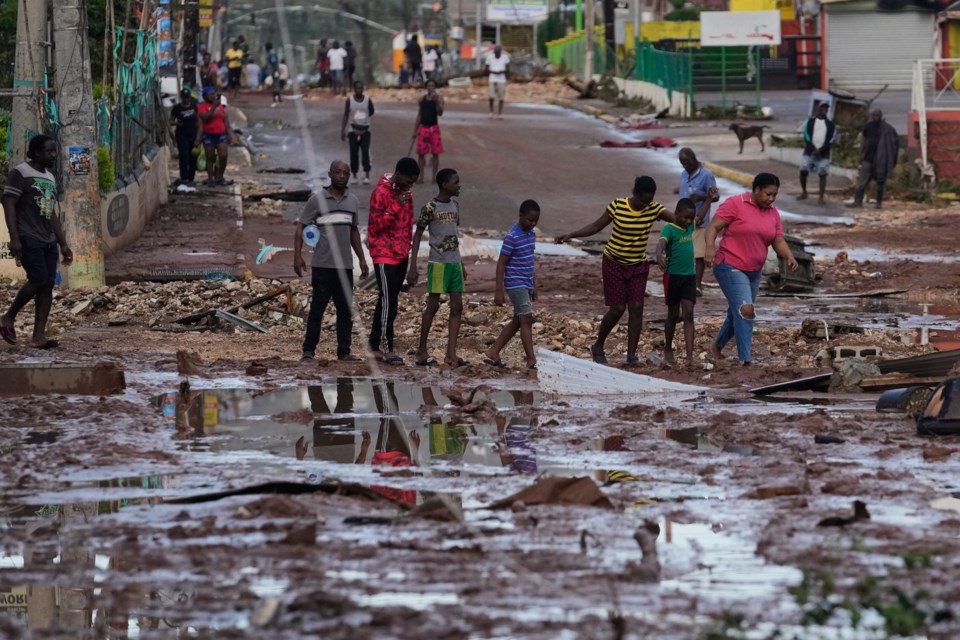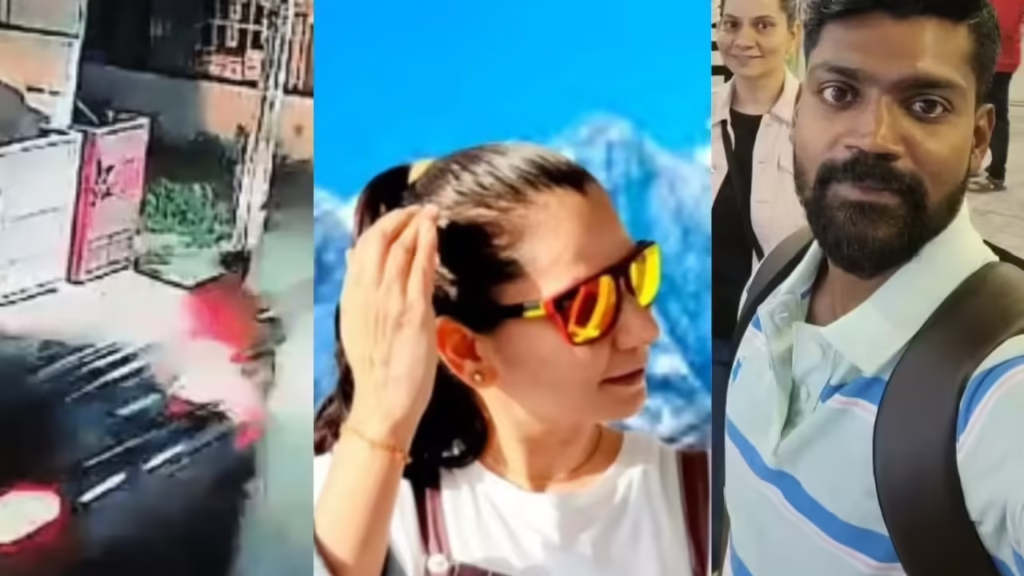Now Reading: Bangladeshi Model Arrested in Kolkata: Ex-Airline Staffer, Vlogger Now Under Police Radar
-
01
Bangladeshi Model Arrested in Kolkata: Ex-Airline Staffer, Vlogger Now Under Police Radar
Bangladeshi Model Arrested in Kolkata: Ex-Airline Staffer, Vlogger Now Under Police Radar

A young Bangladeshi woman, identified as a model, vlogger, and former airline employee, has been detained by Kolkata Police for allegedly entering India without proper travel documents. Her arrest has raised questions about cross-border movement, social media influence, and how individuals with high online visibility sometimes operate in legal grey zones. Authorities are now investigating the purpose of her visit and whether she was linked to any wider network.
Who Is She and Why Was She Arrested?
The woman, reportedly in her mid-20s, was staying in a hotel in the city’s upscale area when the police received a tip-off. Upon questioning, it was revealed that she had entered India through the India-Bangladesh border without valid documents, including a visa.
Her social media presence, with thousands of followers, portrayed a glamorous life—travels, fashion shoots, and lifestyle content. But behind the camera, police believe there may have been other intentions or connections that warranted closer scrutiny.
From Airline Job to Influencer
According to early investigations, the woman once worked with a foreign airline and later transitioned into full-time vlogging. Her background, authorities say, shows she’s well-travelled and tech-savvy, making it easier for her to blend in and move around unnoticed.
Her hotel bookings and financial transactions are being traced to understand who may have supported or facilitated her stay in India. Police are also looking into her digital footprint for possible links to organised networks or other individuals operating under false pretenses.
Security and Cross-Border Concerns
This incident has again highlighted how porous the India-Bangladesh border can be. While many cross-border entries are legal and for legitimate reasons—especially in border regions of Bengal and Assam—cases like this expose how some manage to bypass protocols altogether.
For Tier 2 cities, especially those closer to international borders like Siliguri or Malda, such cases spark local concerns. It’s not just about illegal entry—it’s about safety, identity fraud, and potential misuse of hospitality spaces for unverified guests.
The Social Media Angle
The arrest has also brought attention to the blurred lines between real life and online personas. With increasing numbers of young people turning to vlogging and content creation as careers, the accountability of influencers—especially foreign nationals—becomes a grey area.
What one presents online may not always reflect their real purpose on the ground. This case is a reminder for both authorities and platforms to ensure better vetting and alert systems.
Conclusion
While investigations are still ongoing, the arrest of the Bangladeshi model has stirred debate around border control, the unchecked rise of social media influencers, and the gaps in local surveillance systems. For many in cities beyond metros, it’s a wake-up call: flashy profiles and lifestyle content can sometimes mask deeper, less visible realities. The focus now is on uncovering the full story and tightening the loopholes that made such an entry possible
























